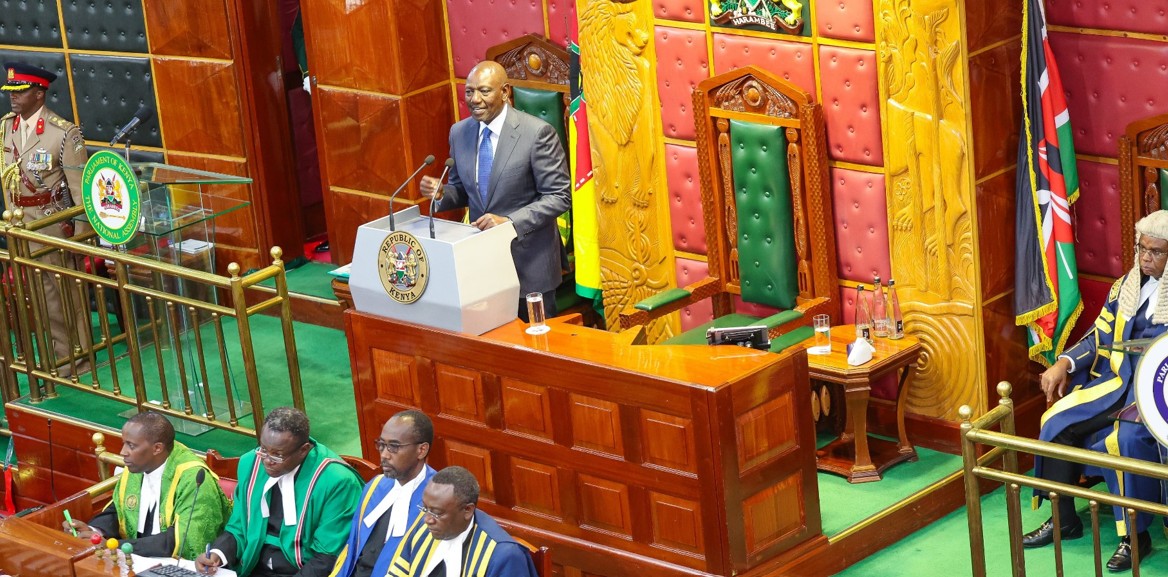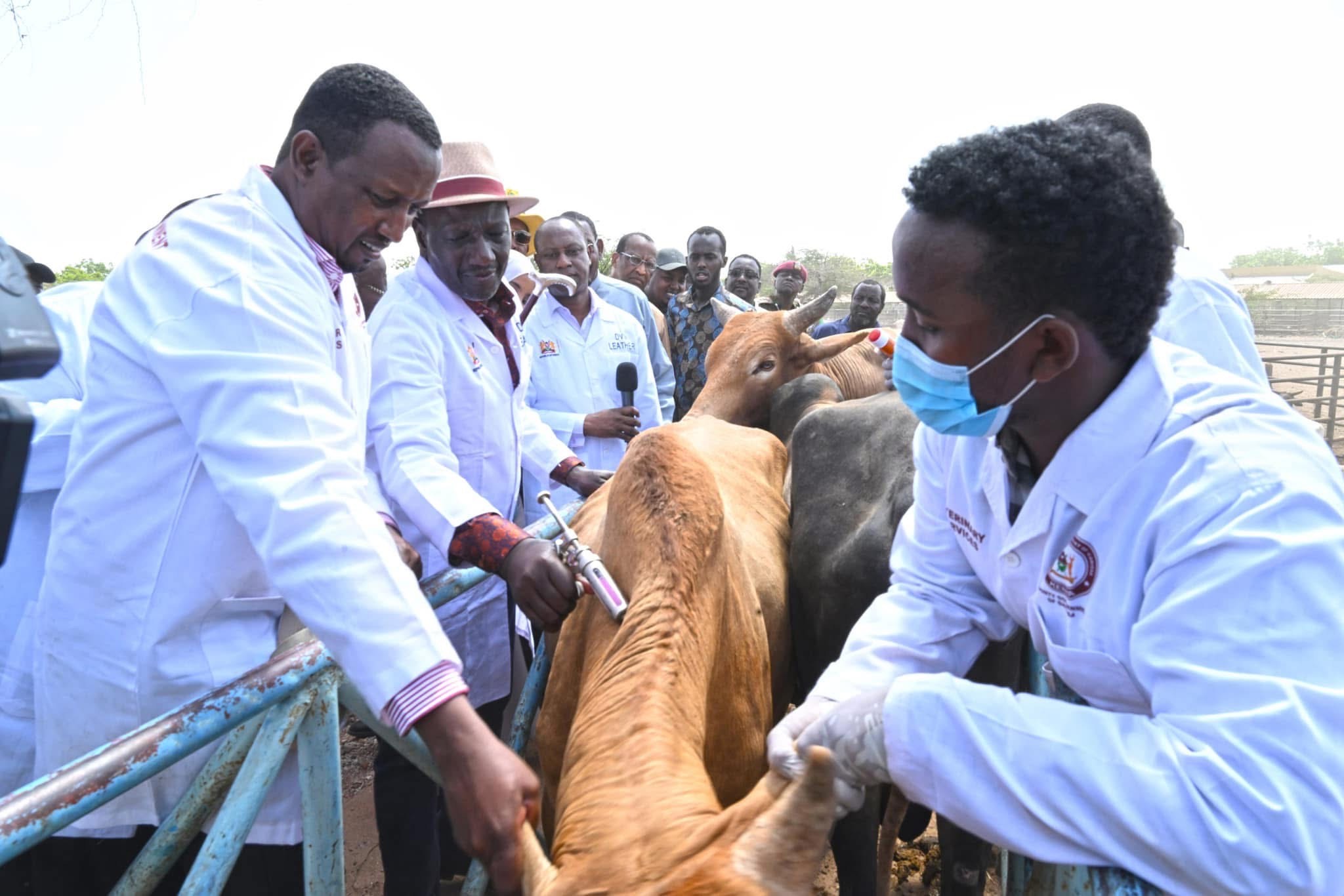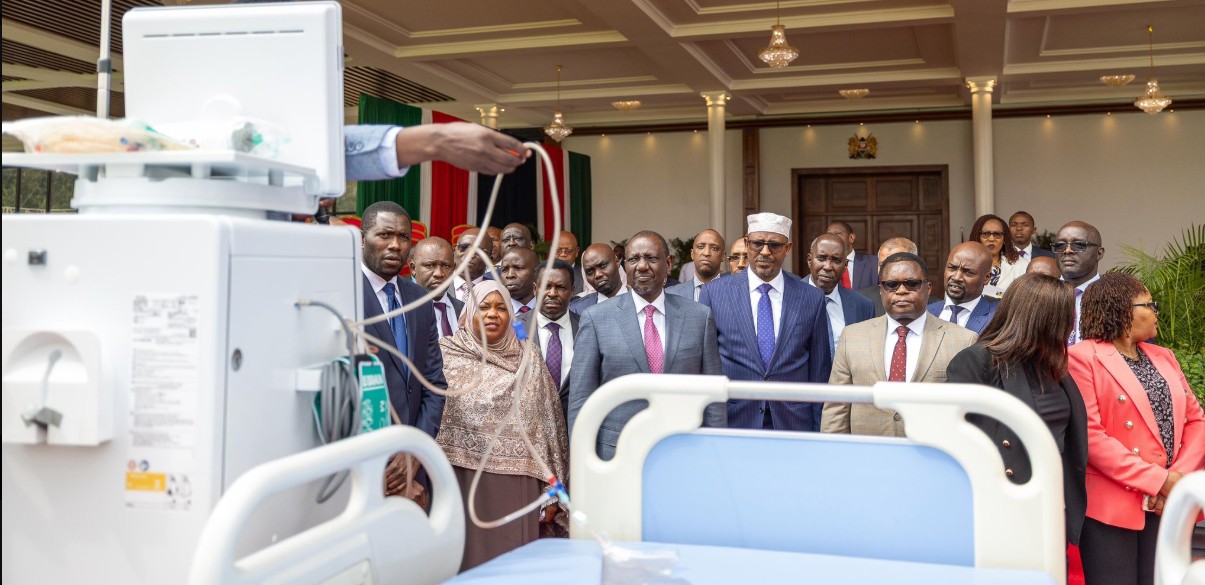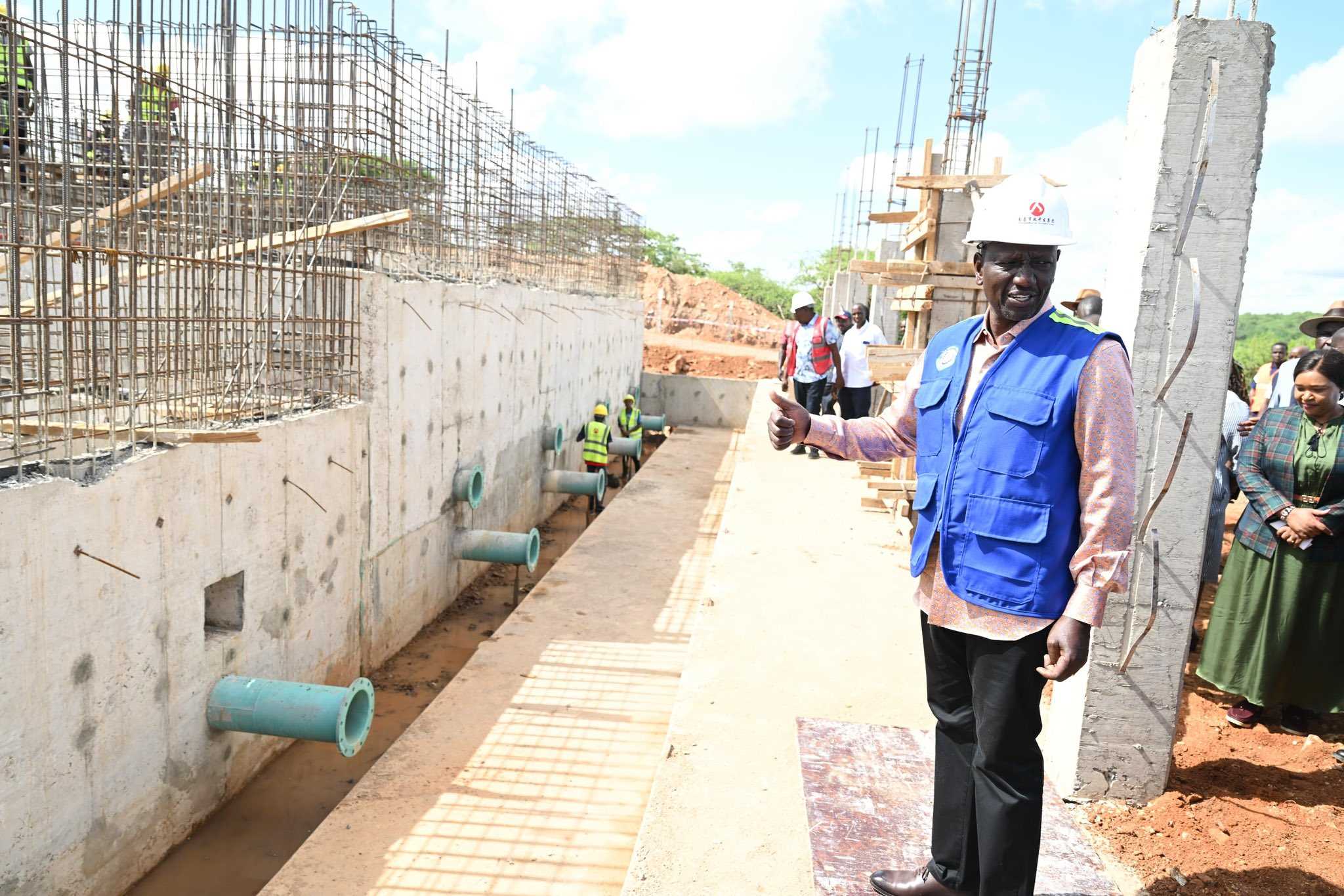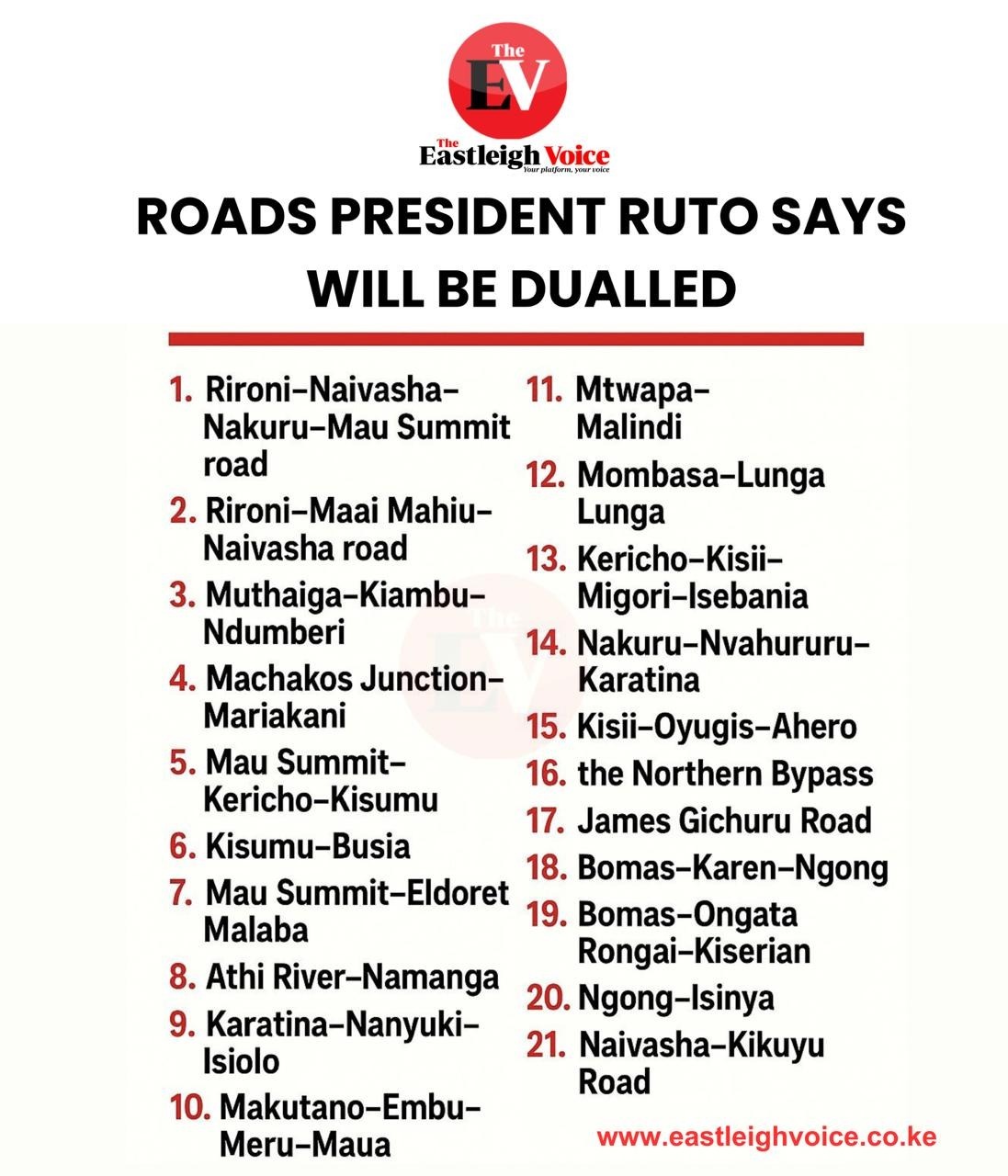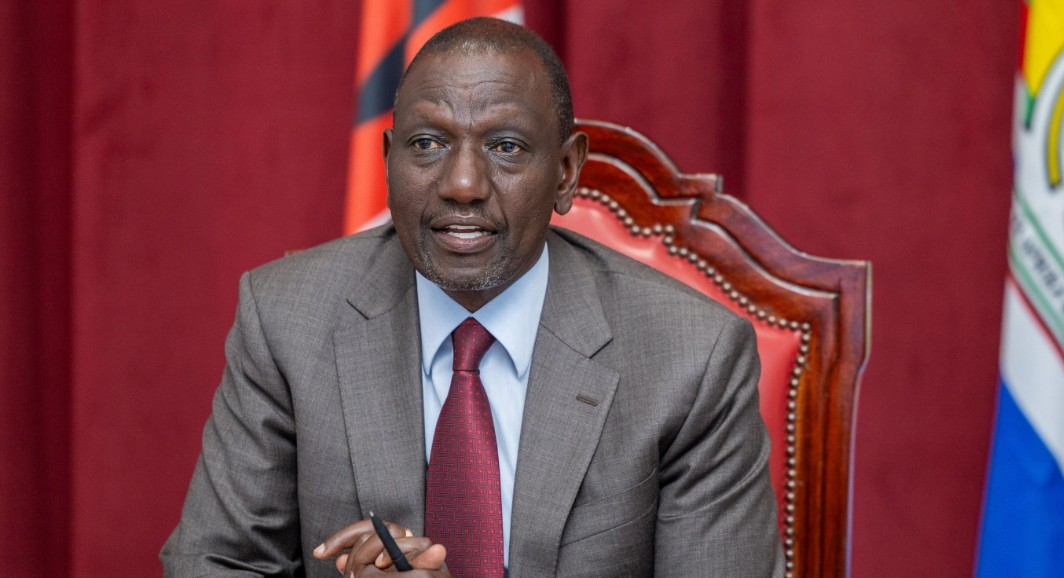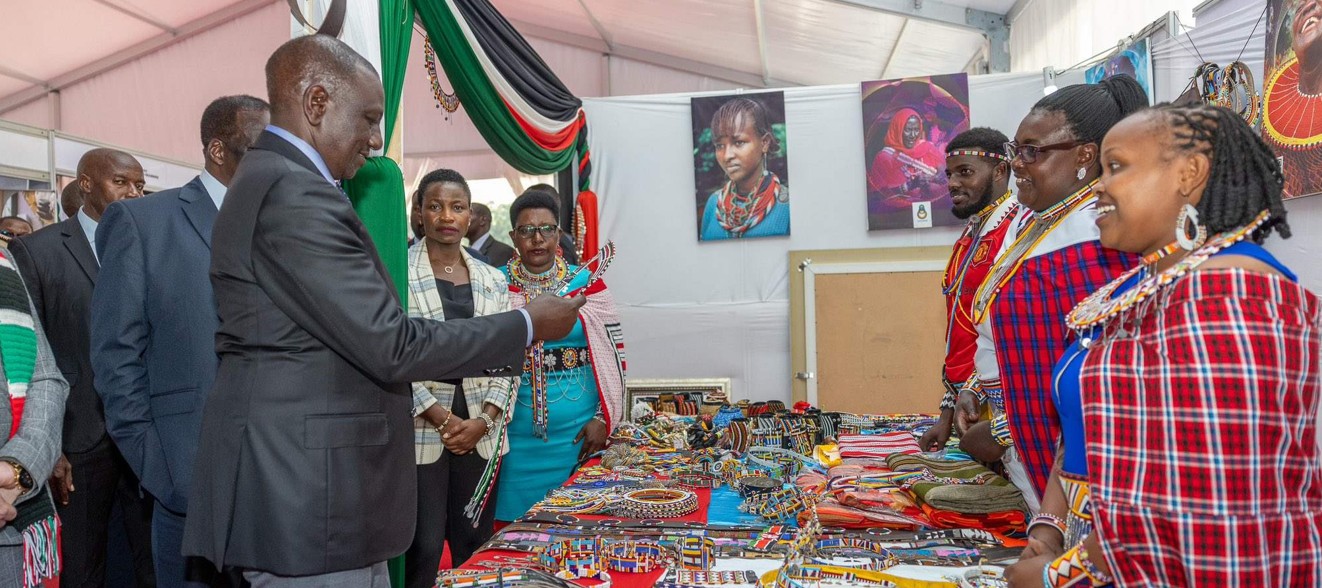Ruto says fibre-optic growth powering faster eCitizen services and digital access
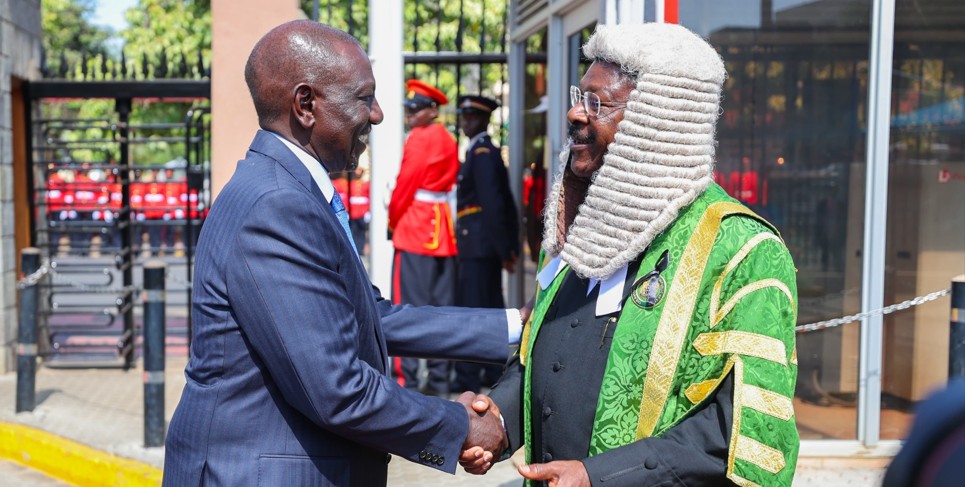
Ruto says Kenya has added 24,000km of fiber-optic network since 2022, creating a ‘digital superhighway’ that boosts access to services, empowers youth, and drives innovation nationwide.
President William Ruto has announced significant strides in Kenya’s digital transformation, revealing that the country has expanded its fibre-optic network by 24,000 kilometres since 2022.
He made the remarks during his State of the Nation Address at the National Assembly, where he highlighted key milestones in connectivity, digital services, and youth empowerment.
More To Read
- Ruto says public demand for affordable housing has replaced doubts with excitement
- Ruto terms Hustler Fund largest financial inclusion programme since independence
- Ruto announces plans to dual key highways nationwide
- Ruto unveils Sovereign Wealth Fund to boost savings, infrastructure and stability
- Watch: President William Ruto's State of the Nation address
- CS Kinyanjui: Kenya cannot develop while rejecting all funding options
Ruto said the surge in fibre deployment has enabled Kenya to achieve one of the fastest digital migrations in the world, reshaping how citizens access public services, learn, work, and conduct business.
He added that the 24,000km expansion, part of a planned 100,000km network, is aimed at building a robust “digital superhighway” to support economic growth, public service delivery, and innovation.
Public Wi-Fi hotspots rise to 1,500
The President noted that community internet access has grown rapidly, with public Wi-Fi hotspots increasing from zero in 2022 to nearly 1,500 today. He described the rollout as a key driver of digital inclusion, enabling millions of Kenyans—especially in rural and low-income areas—to access online services without cost barriers.
Ruto also highlighted the growth of “digital youth gateways,” announcing the establishment of 300 digital innovation hubs, with 400 additional hubs planned.
“These are gateways where ideas grow and enterprises begin,” he said, emphasising the government’s strategy to nurture startups, support freelancers, and attract global outsourcing opportunities to Kenyan towns and villages.
eCitizen services grow from 400 to 22,500
He further explained that the expansion of digital infrastructure has allowed Kenya to transition rapidly to a fully digital government. The national services portal, eCitizen, has grown from fewer than 400 services in 2022 to over 22,500 today.
“We have delivered one of the fastest digital migrations in the world,” Ruto declared. “Access is easier, efficiency is higher, and citizens are receiving services faster and more transparently.”
He noted that the reform, known as the "single government pay and service gateway," has helped reduce corruption loopholes, improve revenue collection, and cut bureaucratic delays.
Youth empowerment
Ruto also reported major gains in youth empowerment through digital skills programes.
“Over 2 million young Kenyans have undergone digital skills training through government-backed initiatives. 300,000 youth now earn a living online via platforms such as Ajira, Jitume, and the growing Business Process Outsourcing (BPO) sector,” he said.
He concluded that the government aims to position Kenya as a regional outsourcing hub by leveraging its youthful workforce and improving digital infrastructure.
“With infrastructure, innovation, and skills growing at this pace, Kenya is preparing its young population for a future defined by digital opportunity,” he said.
Top Stories Today
